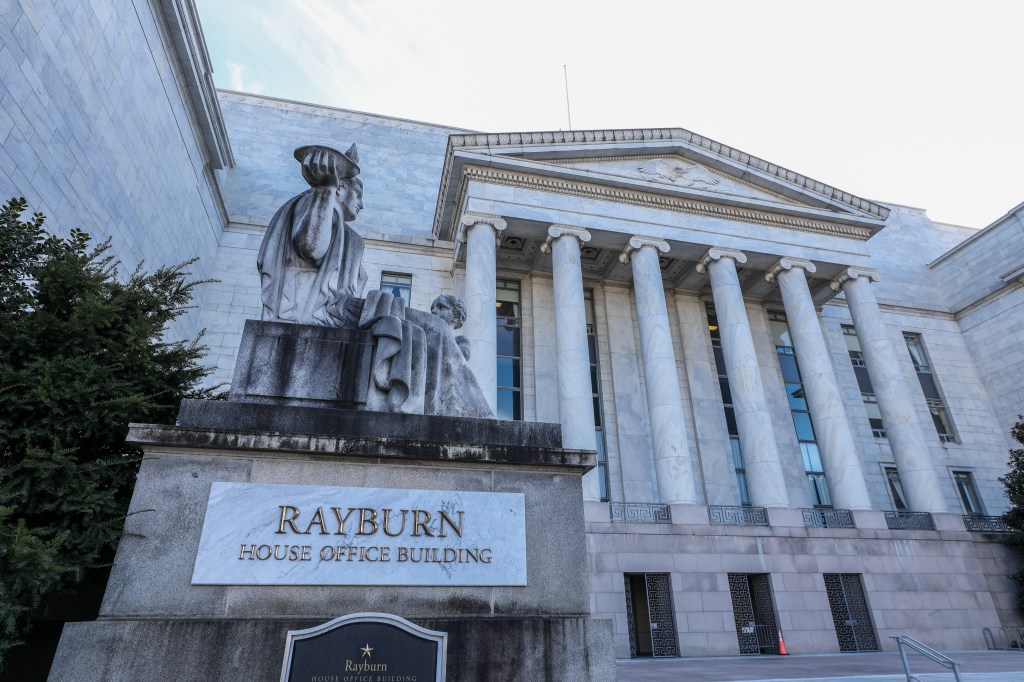Stalled energy projects may finally move forward
The U.S. debt-ceiling deal could finally advance energy projects that have been waiting in limbo. Read More

Image via Shutterstock/Nicole Glass Photography
President Joe Biden and House Republicans came to a compromise to raise the debt ceiling with The Fiscal Responsibility Act of 2023, or HR 3746. This bill includes provisions that address an overhaul of the current permitting review process, which has prevented the further development of pipeline infrastructure for both renewable energy and fossil fuel-related projects. The House voted 314-117 on Wednesday to pass the measure.
Specifically, HR 3746 establishes a single agency that would operate under the National Environmental Policy Act (NEPA) to review individual projects applying for a permit to develop infrastructure for the chemical industry and energy sector. The agency is granted two years to review and produce an environmental impact statement for projects deemed environmentally complex, and one year for projects deemed not environmentally complex.
If the government misses one of these deadlines, the companies requesting the permit may sue.
Permitting reviews are required prior to any energy project to determine whether the grid can handle the anticipated additional power. But what used to be an average two-year wait in the 2000s has grown to almost four years, causing many projects to cancel due to the delay.
The passage of the Inflation Reduction Act (IRA) in August, along with its low-carbon electricity tax incentives, accelerated the number of new energy projects seeking to break ground. But permitting reform was omitted from the IRA, leading to an upswing in renewable energy projects with no system in place to handle the increase in proposals.
According to a 2022 report from Lawrence Berkeley National Laboratory, 92 percent of energy projects queued and awaiting review are wind and solar-based, with around one-third connected to battery storage operations. This influx of funds to support an office dedicated to reviewing requests for permits should hasten the implementation of clean energy projects across the country.
American Clean Power, a federation of renewable energy companies, commended the move in a recent statement: “The debt ceiling agreement includes an important down payment on much needed reforms to improve the efficiency of the permitting process for clean energy projects.”
That being said, this bill still underserves some other aspects necessary for the clean energy transition such as transmission lines, which are needed to connect large urban centers to renewable energy plants farther away. The debt ceiling deal mandates only a single study toward transmission implementation, and critics are worried that faster permitting won’t matter if the energy can’t ultimately make it to its final destination.
“They totally messed up the transition piece,” said Rep. Sean Casten (D-Ill.). Referring to the study granted in the bill, Casten told E&E Daily, “There is absolutely no good reason why anybody needs to spend two years studying a problem that has been asked and answered 15 times.” He worries that Republicans seek to slow down the deployment of transmission and thus, renewable energy development.
HR 3746 would also speed up the development of the Mountain Valley Pipeline and other projects designed for natural gas and fossil fuels. Over 150 organizations and businesses signed an open letter to Biden urging him to issue an executive order that would put a temporary moratorium on federal permits for new carbon dioxide pipelines.
The Fiscal Responsibility Act of 2023 will head over to the Senate for approval before Biden can sign it into law.












